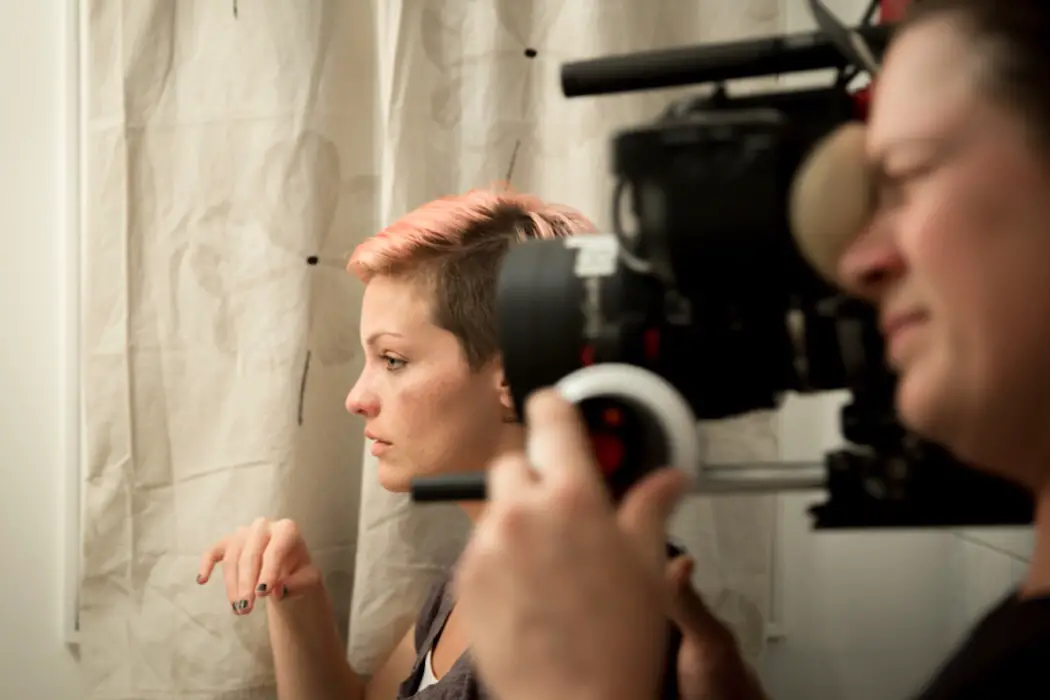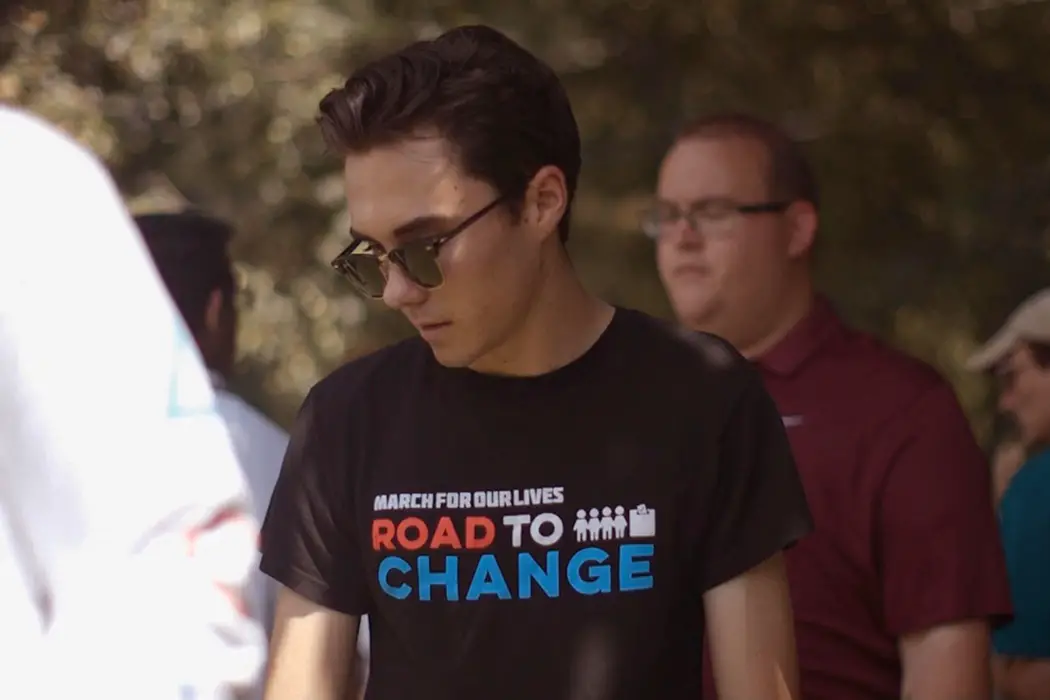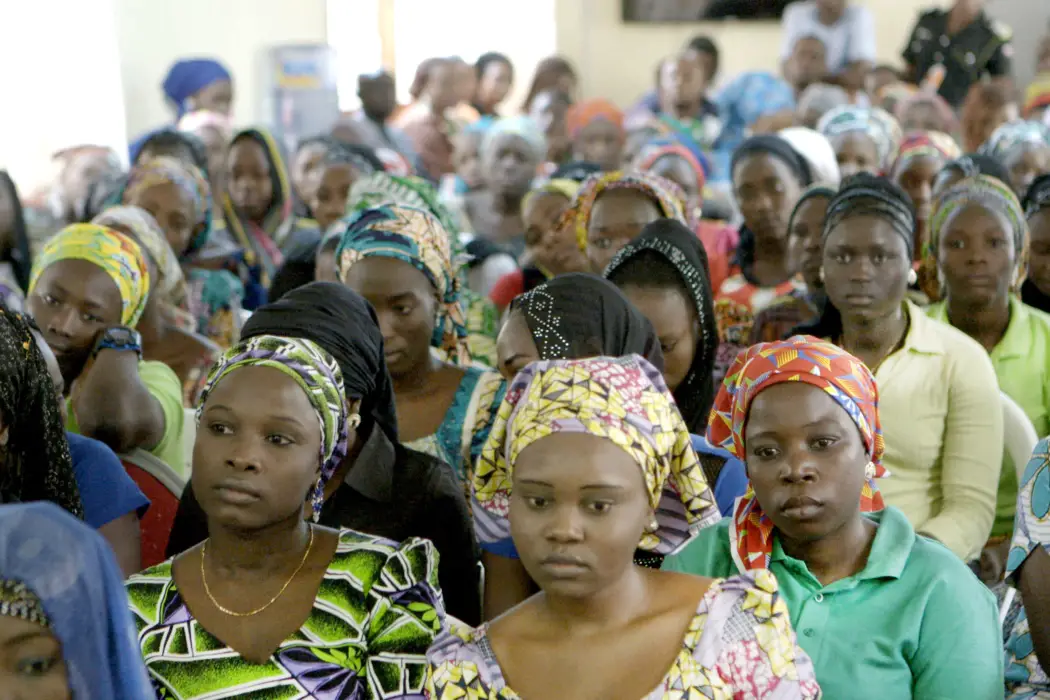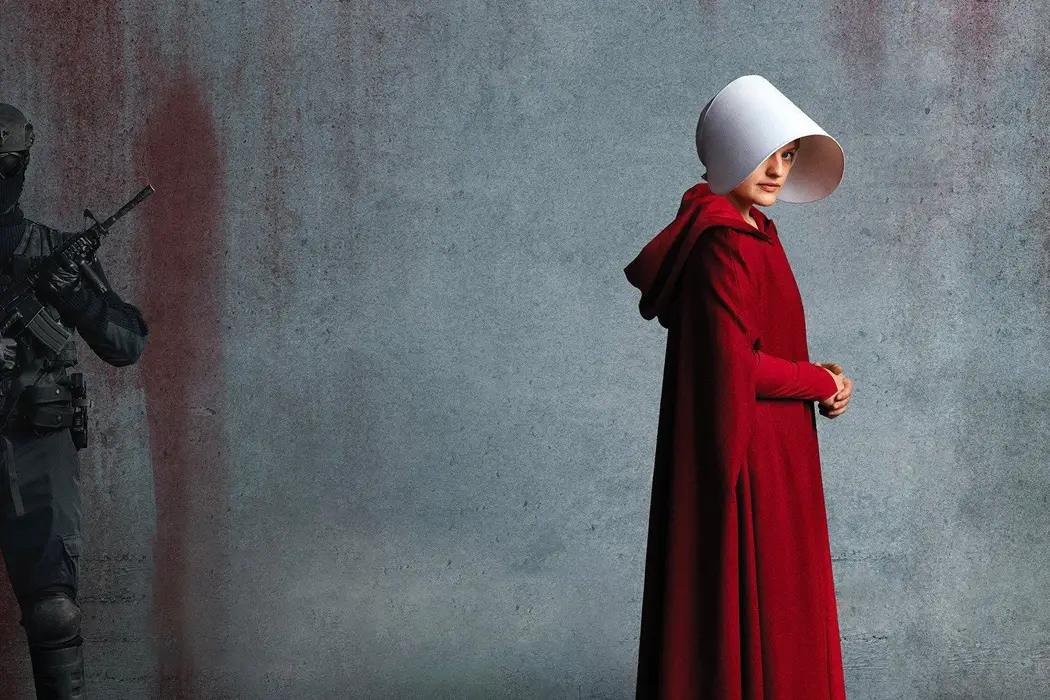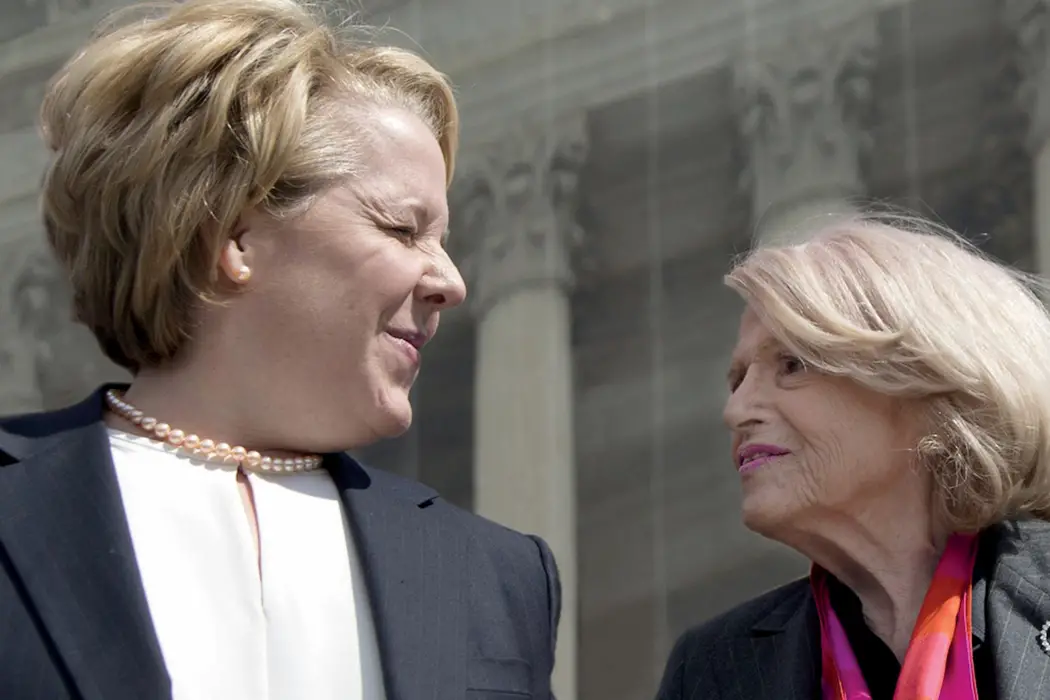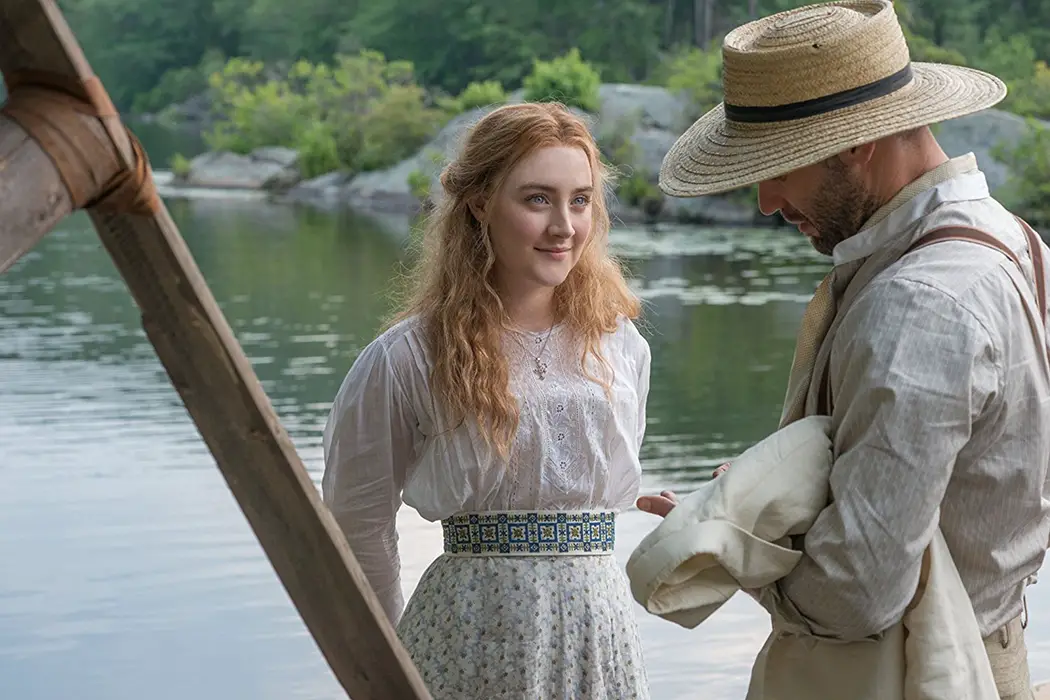women’s issues

Leyla Bouzid’s French-Tunisian drama goes above and beyond the traditional coming of age story, using one girl’s journey to adulthood to explore politics, revolution and state sanctioned violence. As I Open My Eyes, gaining international attention for its portrayal of the Arab Spring, seeks to tackle such a prominent and life altering event through the eyes of its young protagonist: Farah.
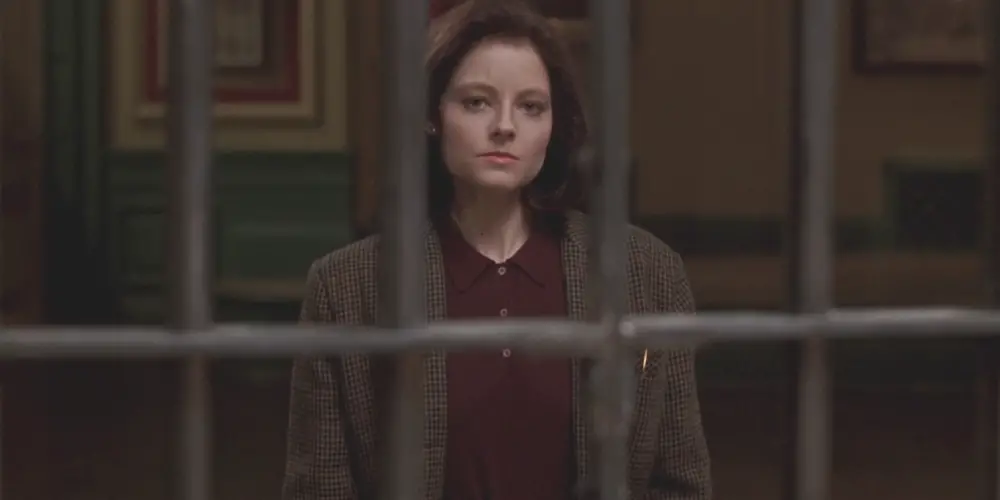
The Silence of the Lambs is an enduring piece of cinema. Jonathan Demme’s crime-thriller touched a nerve because of its mainstream appeal crossed with glimpses of macabre imagery. A young FBI trainee named Clarice Starling (Jodie Foster) is enlisted by her superior to visit with notorious cannibal Hannibal Lecter (Anthony Hopkins) in prison with hopes of gaining insight into another active serial killer:

Racism in France has been a long-discussed topic within cinema, from Mathieu Kassovitz’s eponymous film La Haine to 2011’s hit comedy Les Intouchables. In recent days Muslim/Arab citizens have been the focus of racial prejudice from the French justice system; Fatima could not come at a better time with its refreshing take on Arab/French culture. Philippe Faucon adds to this conversation with a portrayal of racial tension in France.

Attitudes about the male gaze have been present in science fiction cinema for years, especially relating to the identity of female robots. This includes the objectification of these characters and the loss of their autonomy, which reflects real life attitudes towards women. Many films have been made to show the dangers of viewing women as objects, yet we still see the male gaze in motion pictures every day.
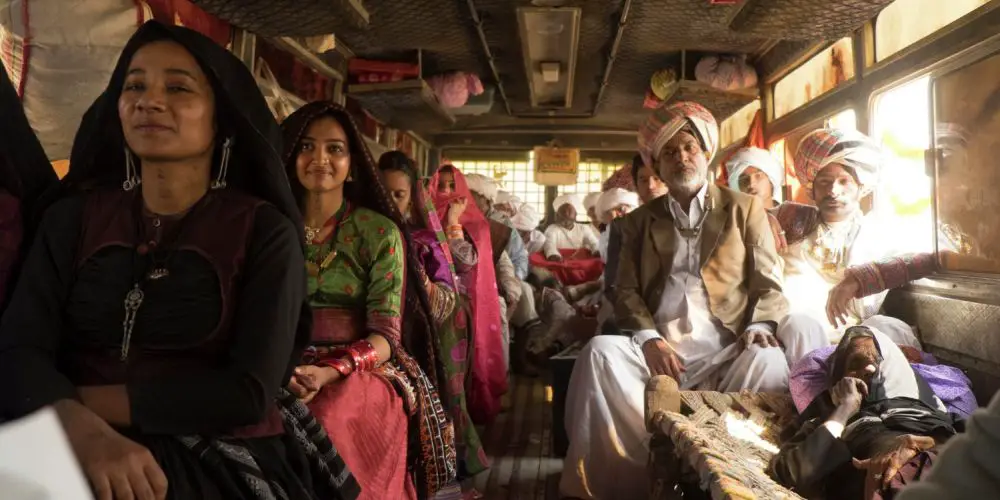
In the beautiful desert landscape of Gujarat, India, director Leena Yadav introduces us to a world of friendship, suffering and heartbreak within a story of four women, trying their best to overcome their individual struggles. Parched explores the ideas of tradition, culture and misogyny in the heart of rural India but with a compelling characters and strong friendships that feel universal to us all. Tradition & Culture The story centers around four women:
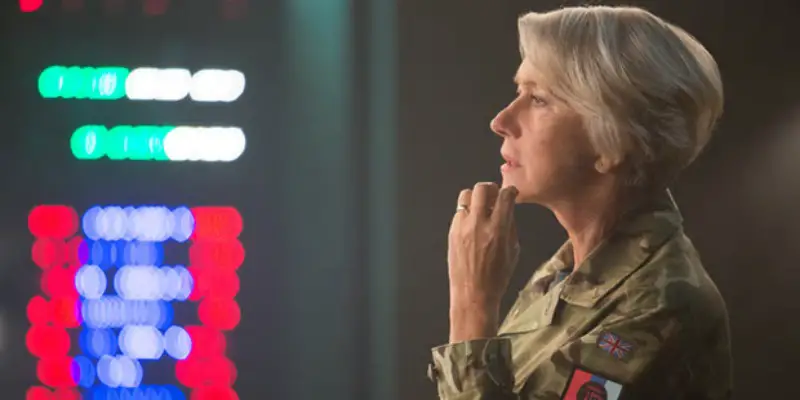
In part one of ‘Gender at War’, we looked at several films which have changed the perception of women in war. Traditionally, women have been pushed to the side – presented as Madonnas (wives, mothers or whores) with no space for them in the gritty action. The increased presence of women as soldiers in war films (instead of passive grieving objects) has forced other questions about the act of war to arise.
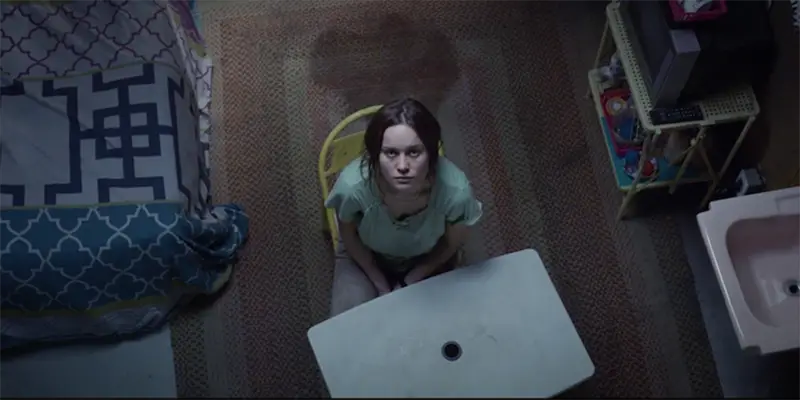
Because the Internet can take a person virtually anywhere in the world and provide potentially infinite vats of knowledge, raising children in a dictatorial environment nowadays seems more ridiculous than ever. The mechanics of detaining an adult with an existing awareness of the outside world is even more bewildering, because chances are they’ve read about the Josef Fritzl case and have at least some idea of how to escape. Alas, cinema, ever the portrayer of such cultural terrors, has provided startling means with which to explore such a phenomenon.
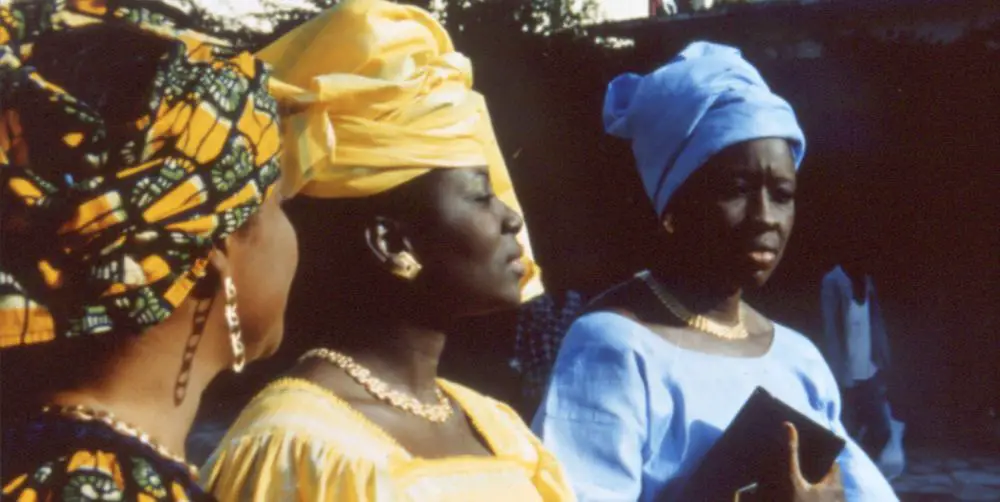
The opening sequence of Ousmane Sembene’s Faat Kiné shows us the complexity of urban motion in a place where modernity and traditionalism are still somewhat at odds. We see groups of women in traditional Senegalese dress walking through the city of Dakar. Then, the camera pulls further and further away from them until we can see can see a whole city block.


